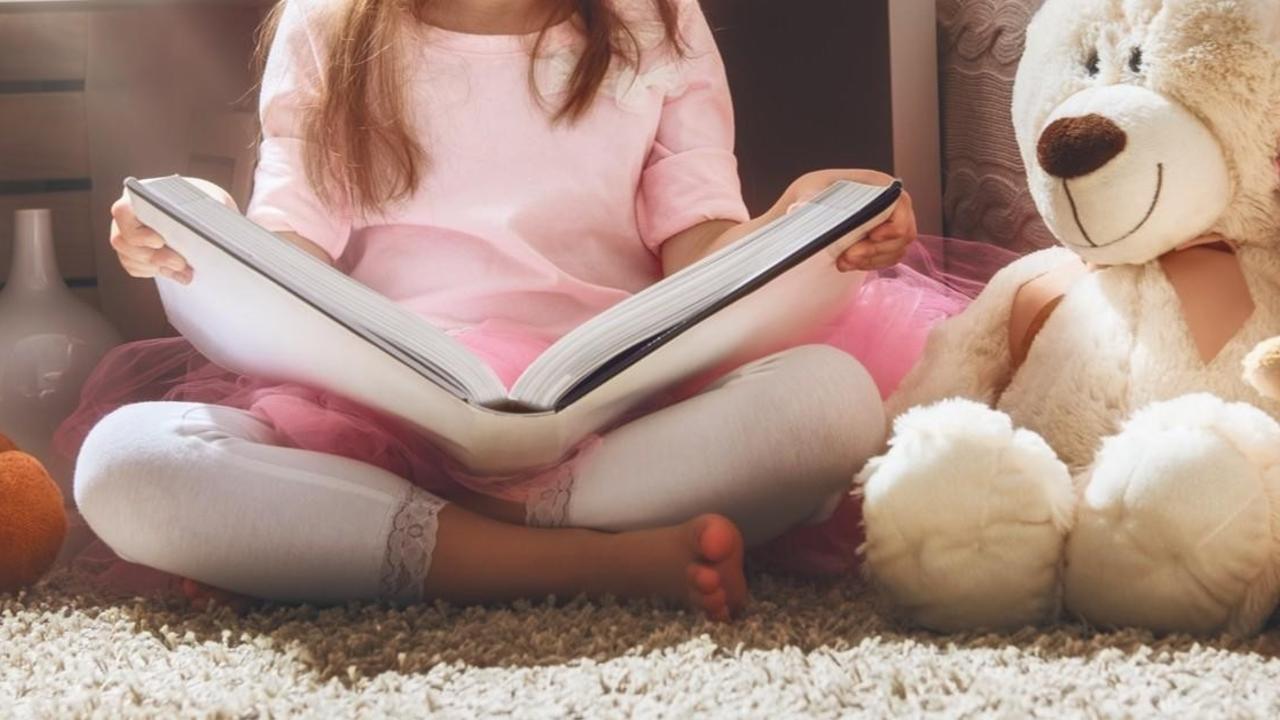Co-Parents: Facing New and Exaggerated Challenges During the COVID-19 Pandemic

I hope you’re all finding sanity and strength during this challenging time. I wanted to share with you some of the new challenges I’m seeing my clients (who are in a co-parenting arrangement) facing currently. For those of you who are struggling with similar (or other) challenges related to co-parenting in the escalated situation, I hope this will help you to find your way through this new territory.
I’ve been speaking with many co-parent clients, who are facing new and exaggerated challenges during the COVID-19 situation. One of the main things I’m seeing people facing right now is trying to figure out how to collaborate, within the most conservative position, around the shelter-in-place mandate while still navigating the transitioning of their children back-and-forth between co-parents. Many of my parents feel that 14 days is far too long to go without seeing their kids, but agree that if either of them has been exposed to the virus or done any traveling, that they will voluntarily go into a 14-day quarantine and not have in-person visitations with their kids during that time.
Some of the parents in this situation have partners and their co-parent is feeling very uncomfortable having their children (and themselves) around these partners, due to the possibility of viral exposure. Parents are not always in agreement on the ways to follow the guidance regarding social distancing, quarantining, how to introduce grocery items that are brought into the home, acceptable areas children may visit, and the other ways they feel are necessary to safeguard their children from viral exposure.
There is so much that is still changing, and so much new information introduced each day. Recently, there was a YouTube video that explained how to separate items, once they come back from the grocery store. Some of the parents followed this guidance, while others were not aware of this at all. Further, some parents interpret social distancing practices and guidelines very differently.
Some of my clients have their kids wear gloves (even for a walk through the neighborhood) because the kids still like to touch everything -- only to find out that the other parent doesn’t take these same precautions. Many of them are very concerned about the levels of cleanliness in each home and whether parents are wiping down the counters or having their kids wash their hands often enough.
It has gotten quite complicated and there is so much that is still changing.
A few parents have refused to send their kids back to their other parent, because they do not trust them to provide the safety measures they feel are necessary. The parents are concerned that their co-parent is still going to the gym (even if it’s the community gym in their apartment complex), not wearing a mask or gloves when they go to a store, or not taking their temperature regularly, etc. Maybe their co-parent is in a new relationship and they fear that their kids will have greater exposure to coronavirus.
The courts, of course, are inundated with cases at the moment, so when I suggest that a higher level of authority should be making these decisions about what they should do, the only secure situation option is to have the co-parents go to private judges to make decisions about their situation, which seems highly unprecedented.
The role of co-parenting therapy is so important because it can help parents relax their tension and stay focused on helping the kids get through this time while staying connected to them. It’s not unusual that the tension between the parents takes up more energy and focus than actually focusing on the kids in order to settle and secure them during this time.
A few of my parents are willing to and able to work out the times they will see their kids (by videoconferencing and spending time with them by playing a video game online, doing homework or reading); however, many are not.
Co-parents are also having obvious style differences that affect how they homeschool their children. This has been very challenging, especially when one parent might feel like they have the burden of all the homework and keeping their kids on task, while the other does not have any (or very little).
All of these issues and parenting-style differences show up even more intensely with the current COVID-19-related situation.
A co-parenting counselor can help the parents to navigate how to make the workload more equitable, so that (for example) when a child is returning to one parent's house, they don’t end up having to do all of the school assignments over the weekend.

